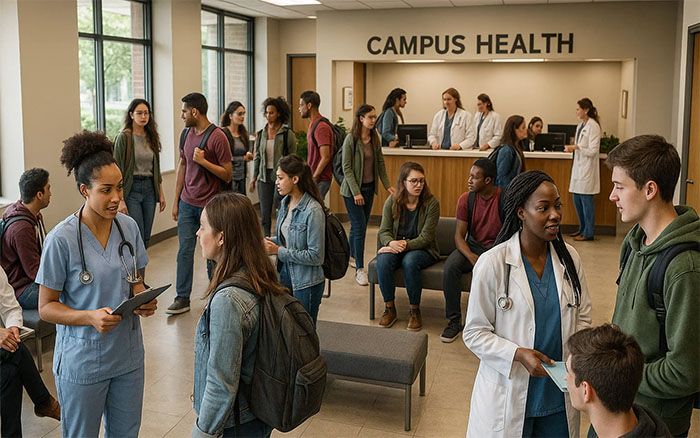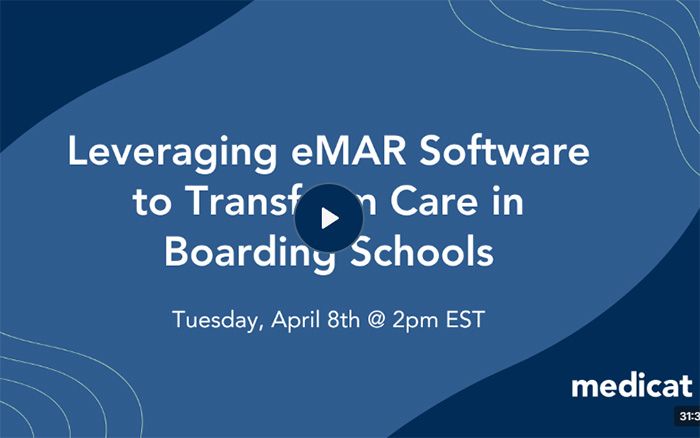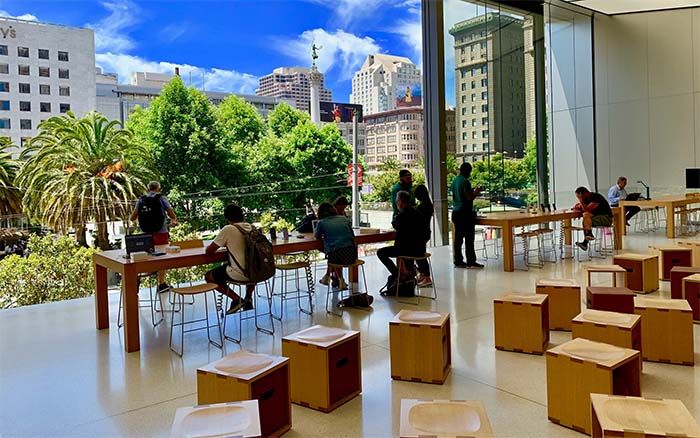Why First-Gen College Students Need Extra Support
Approximately 56% of college students are first-generation. These students are trailblazers, breaking the cycle of limited access to higher education that may have been prevalent in their families for generations. Understanding the unique challenges first-gen college students face is crucial for higher education institutions and policymakers. These students often encounter obstacles that their non-first-gen peers may not face, such as financial pressures, navigating a complex higher education system, and dealing with imposter syndrome. In this blog, we will delve into the data and statistics that shed light on the experiences of first-gen college students.
Specifically, we’ll explore:
- Fostering a welcoming environment
- Supporting emotional well-being
- Helping bridge achievement gaps
- Addressing economic barriers to higher education
Inclusivity and Support: Fostering a Welcoming Environment for First-Gen Students
Support programs and initiatives play a crucial role in assisting first-generation college students throughout their journey to graduation. Mentorship programs, often led by faculty members who were once first-gen students themselves, provide valuable guidance and emotional support. These mentors can relate to the challenges faced by first-gen students and offer insights into navigating the academic landscape. Their presence as role models can inspire and motivate first-gen students to overcome obstacles and reach their potential. Industry-specific mentorships based on academic programs (such as a Marketing professional mentoring a group of Marketing students) can also go beyond the classroom to guide a student through the internship process, landing a first job, navigating the industry, and more.
Furthermore, financial aid and scholarship programs can be lifelines for first-gen students, helping to alleviate widespread economic burdens. Financial aid initiatives provide critical assistance in covering tuition costs, textbooks, and living expenses, removing some of the financial stress that can hinder academic performance and student well-being.
Colleges and universities have recognized the importance of offering comprehensive support services to first-gen students. By creating a network of support, institutions ensure that first-gen students have access to resources that can help them overcome challenges, both inside and outside the classroom. By addressing the emotional and psychological struggles they face, institutions are fostering a more inclusive and supportive environment. Students are not just surviving, but are thriving throughout their college experience, enjoying a sense of belonging and a more positive outlook, ultimately paving the way for a brighter future.
The First-Gen Struggle: Addressing Emotional Well-Being in College
Emotional and psychological struggles are common among first-generation college students, with imposter syndrome and low self-esteem being prevalent challenges. Imposter syndrome is the feeling of not belonging or not being as capable as their peers, which can lead to self-doubt and anxiety. The lack of familiarity with the college environment can exacerbate these feelings. Low self-esteem often stems from constant comparison to more academically privileged peers and the fear of falling short of expectations, further impacting a student’s overall mental well-being.
The stigma surrounding mental health in some communities may deter them from seeking help or acknowledging their struggles, which can lead to a negative cycle of deteriorating mental well-being. For example, data from the National Healthy Minds Study found that “Just 32.8% of first-generation students with symptoms received therapy in the past year, relative to 42.8% among continuing education students.” Acknowledging these emotional and psychological struggles is vital, given their potential to have a substantial impact on academic achievement and individual development.
Furthermore, college counseling centers can play a pivotal role in nurturing the well-being and academic success of first-generation college students. To offer them tailored support, counseling clinics may want to consider implementing the following strategies:
- Cultural sensitivity and awareness: College counseling centers should understand the different cultural and socioeconomic backgrounds that their students come from. This will help counselors better connect with and provide guidance to these students.
- Support groups: Counseling centers should offer support groups for first-gen students to connect with each other so that they don’t feel like they’re alone. This can help foster a sense of belonging and create a network of individuals who are likely going through similar challenges. Even doing something simple like a Walk and Talk event can help spark conversations and connections amongst first-gen students.
- Collaboration with other departments: Collaborate with other departments and offices on campus to ensure that first-gen students have access to a comprehensive support system. This includes working with academic advisors, career services, and financial aid offices.
The emotional and psychological struggles faced by first-generation college students are complex and can significantly impact their well-being and academic success. Recognizing these challenges is crucial, and college counseling centers, through strategies like cultural sensitivity, support groups, and collaboration with other campus departments, can play a pivotal role in providing the necessary support to help these students overcome their obstacles and thrive in their college journey.
The Socioeconomic Struggles of First-Gen College Students: Overcoming Economic Barriers
- Diverse Backgrounds: First-generation college students represent a significant and growing portion of the student population in higher education. Many of these students come from diverse backgrounds, and their experiences are not homogenous. They represent various racial, ethnic, and socioeconomic backgrounds. It’s essential to recognize this diversity, as it influences the challenges they face and the types of support they may need.
- Economic Disparities: Economic disparities often play a significant role in the lives of first-gen college students. About half of these students come from families with , making the pursuit of higher education a formidable challenge. The cost of tuition, textbooks, and living expenses can place a heavy burden on these students and their families. These financial barriers often lead to increased stress and can hinder academic success. Oftentimes, first-gen students need to work while juggling the unfamiliar college scene to make ends meet. A recent study found that “students who work while enrolled in college are about 20% less likely to complete their degrees than similar peers who don’t work.” Recognizing the financial hurdles first-gen students encounter is a crucial step in crafting effective support strategies to ensure that financial concerns do not become insurmountable obstacles to their educational aspirations.
The Path to Equity: Reducing Achievement Gaps among First-Gen College Students
One of the most concerning aspects of first-gen college students’ experiences is the disparity in graduation rates compared to their non-first-gen peers. The data shows that first-gen students are less likely to graduate within the typical four-year time frame, and they often face a higher risk of This lower graduation rate is a significant cause for concern, as it not only affects the students’ individual prospects but also perpetuates cycles of limited access to higher education within their families.
Moreover, a recent study found that “Only 48% of first-gen students are on track to graduate three years after enrollment, compared to about 66% of non-first-gen students.” In addition to graduation rates, there are notable achievement gaps between first-gen and non-first-gen students. This means that first-gen students often struggle to maintain the same level of academic performance as their peers whose parents have completed college. Recognizing these contributing factors is one of the first steps toward addressing them and closing the achievement gaps that persist.
Key Takeaways
In conclusion, the data and statistics discussed in this blog shed light on the challenges faced by first-generation college students, highlighting the pressing need for extra support.
- Approximately 56% of college students are first-generation, representing a significant and growing portion of the student population.
- Understanding the diverse backgrounds of first-generation students and the financial challenges they face is crucial to tailor support programs effectively.
- The achievement gap is a significant concern, with first-gen students experiencing lower graduation rates and struggling to maintain academic performance.
- Emotional and psychological struggles, including imposter syndrome and low self-esteem, are common among first-gen students, affecting their well-being and academic performance.
- Support programs and initiatives, such as mentorship, financial aid, and campus-wide services, are essential for improving outcomes and fostering inclusivity.
- Recognizing and addressing the unique challenges faced by first-gen students is not only beneficial for these individuals but also contributes to a more equitable and prosperous future for all.

















